'Rogue' Modi in media spotlight
Support for India's position fleeting among top publications in English-speaking world
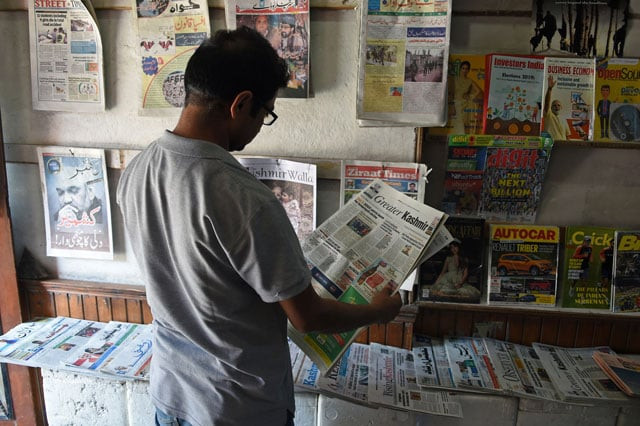
In this photo taken on July 3, 2019 a man reads a newspaper at a stall in Srinagar. PHOTO: AFP
Mili Mitra, The Washington Post Global Opinions editor wrote last week that "as the Modi government places political leaders under house arrest, risks violence along the Pakistan border and reneges on a constitution promise without debate or deliberation, Indians can no longer afford to stay silent. The administration is making India less democratic and stable, one authoritarian step at a time."
She writes that Kashmiri Muslims fears regarding the saffronisation of the state are warranted based on Modi and his party's past practices, and that "flagrant disregard for democracy and secularism is not new" for the BJP under Modi and Amit Shah.
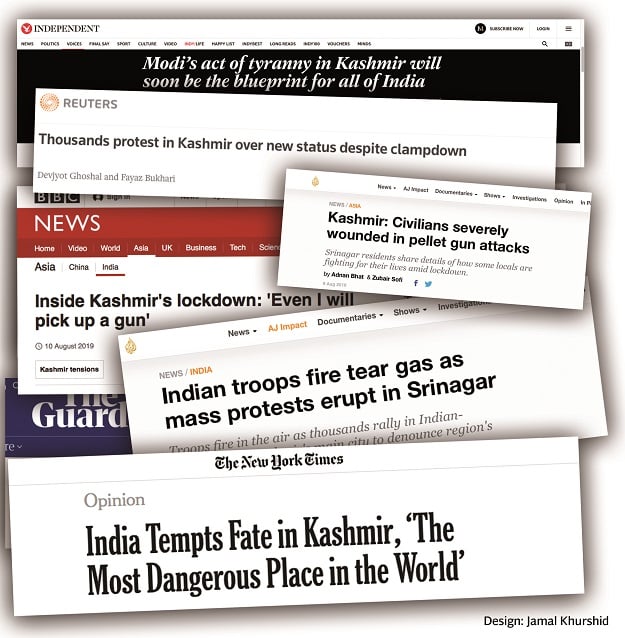
The New York Times marked Indian Independence Day by publishing a scathing rebuke of the BJP's lockdown of Kashmir, penned by award-winning Indian author Arundhati Roy.
"…it looks very much as though our government has gone rogue," she writes, by turning "Kashmir into a giant prison camp".
"The passing of the act was welcomed in Parliament by the very British tradition of desk-thumping. There was a distinct whiff of colonialism in the air. The masters were pleased that a recalcitrant colony had finally, formally, been brought under the crown. For its own good. Of course."
"In the 72 years since [independence], successive Indian governments have undermined terms of the Instrument of Accession until all that was left of it was the skeletal structure. Now even that has been shot to hell."
She also slams India's refusal to help displaced Kashmiri Pandits – lest they lose an import prop for their propaganda – and the state's use of torture on separatists.
Roy had also written that "Like true colonials, many in India who are so alert to infringements of their own rights and liberties, have a completely different standard for Kashmiris."
An editorial in The Globe and Mail – Canada's most widely read newspaper – notes that "Modi has parlayed democratic success into the fist of a strongman."
It also draws parallels between Kashmir and Quebec. "Imagine if…Ottawa had responded to the rise of Quebec separatism by stripping the government in Quebec City of most of its powers, running the province by force and then…unilaterally rewriting the Constitution to end Quebec's provincial status. Imagine how well that might have worked out," the paper's editorial says, before noting that Modi "has taken a big step away from liberal democracy, and toward illiberal democracy."
The Toronto Star editorial opens by noting that India, which calls itself the 'world's biggest democracy', "is heading down a dangerous and decidedly undemocratic road with its decision to impose direct rule on Kashmir."
A gloves-off attack detailing recent Indian actions in the region follows – curfew, censorship, troop surge – before noting that the decision to split the state was made "without bothering to consult anyone in Kashmir itself."
As India's only Muslim-majority territory, Kashmir acts as an essential barometer for the country's claims to be secular, tolerant and democratic. And on that front, the Modi government's decision to take unilateral action is decidedly worrisome.
The Star's editorial board also questions the legality of the Indian government's abolition of Article 370, while noting that the assault on Kashmir's status is "another sign that India under Modi is moving further away from its proud record as a [diverse and secular] country…instead [being] increasingly inspired by…Hindutva, essentially the idea that India's values and Hindu values are one and the same."
Britain's The observer noted that "This was a very Indian coup, but one with a global context."
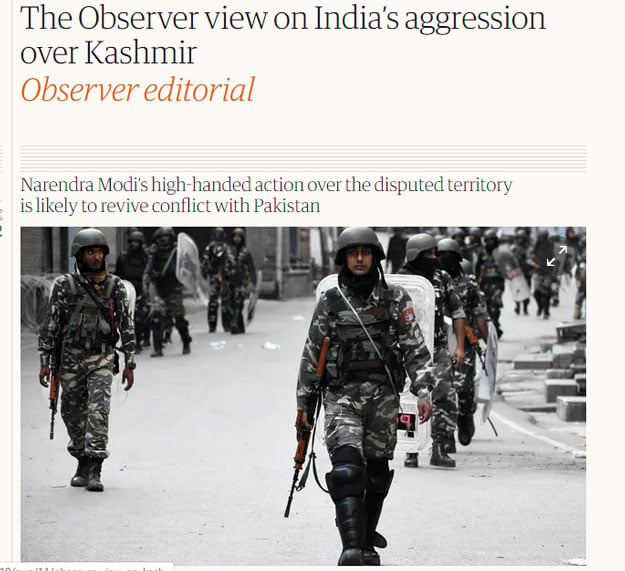
It adds that "Modi failed to consult Kashmir's political leaders, whether pro-independence or pro-India or the Kashmiri people. Quite the opposite, in fact. Political leaders were placed under house arrest."
The editorial also mentions how, by subverting the constitution and ignoring the Simla Agreement, the UN Charter and its resolutions, and removing Kashmiris' right to self-governance, "Modi has placed himself squarely in the wrong. To argue, as he does, that Kashmir is solely an internal matter is to ignore the realities of 70-plus years of strife."
The paper slams the British foreign secretary in particular and the US and EU in general for their "insouciant" responses. "The US and EU reiterated their Delhi-appeasing view that Kashmir is a bilateral, not an international issue. Britain's response was feeble. Dominic Raab… "meekly thanked India for a 'clear readout of the situation'."
It slams the world powers by saying, "Not a word of public criticism of Modi's high-handed behaviour. Not a thought, apparently, for the dire implications for the UN's authority, international law and the so-called rules-based global order. Not an iota of understanding that India's enhanced military occupation may revive a conflict that weaponises religion, race and identity in place of democratic dialogue and inclusion."
#15AugustBlackDay, #KashmirBanegaPakistan create a stir on social media
The observer editorial goes on to say, "In this harsh, ugly world, Modi the hardline Hindu nationalist and his Muslim-baiting BJP colleagues are a good fit."
Writing for the BBC, academic Sumantra Bose notes that in 2002, long before the rise of Modi, "the Rashtriya Swayamsevak Sangh (RSS), the core organisation of the Hindu nationalist movement, demanded the state be divided into three parts."
Of the move, the author writes, "In the sheer radicalism of their approach, they may have bitten off more than they can chew.
The Kashmir gambit may help the BJP's prospects in elections in a few Indian states in October, and it may temporarily deflect attention from India's faltering economy. But its radicalism may have reinvigorated the Kashmir conflict in a way the dynamic duo (Modi and Shah) will find difficult to manage going forward."
Meanwhile, in a story titled "Did BBC, Al Jazeera, Reuters fabricate reports of unrest in Kashmir?", Indian fact-checking website Alt News brilliantly rubbishes the claims of India's government and its 'independent' propaganda media that footage of unrest and violence against protesters was fabricated with point by point provision of proof to back up the authenticity of the footage. The story notes the Indian government's backtracking on its claims after being proven to be in the wrong.
Clearly, while the world media is well aware of India's abusive actions in Kashmir, the world's leaders, it seems, are more concerned with the massive Indian market than any semblance of human rights, democracy, and other such hogwash.


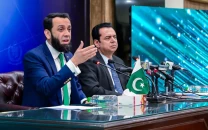
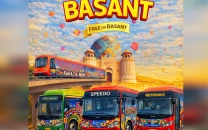


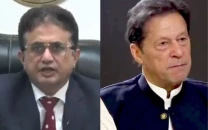












COMMENTS
Comments are moderated and generally will be posted if they are on-topic and not abusive.
For more information, please see our Comments FAQ